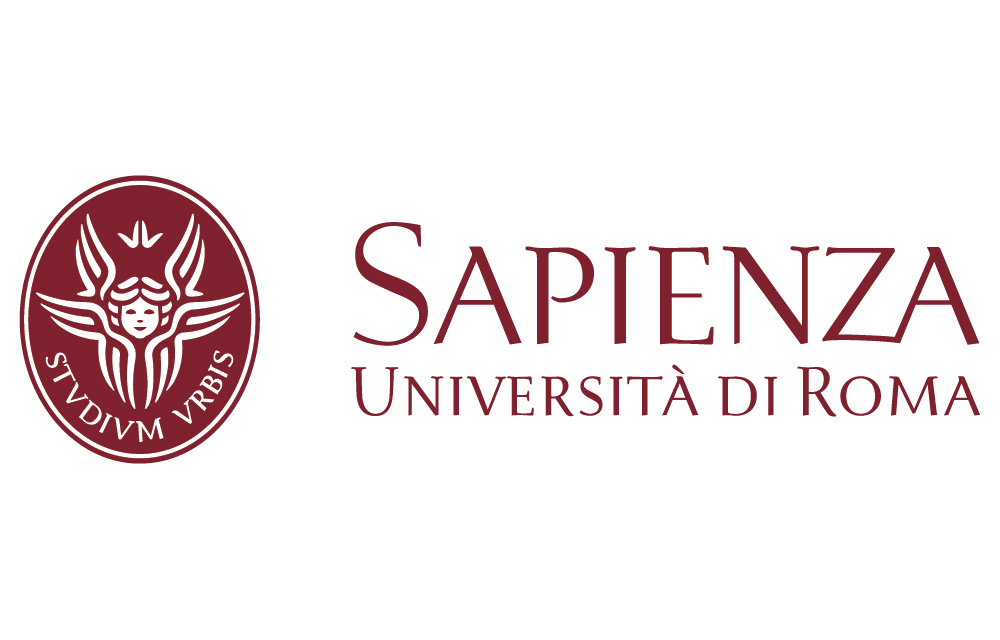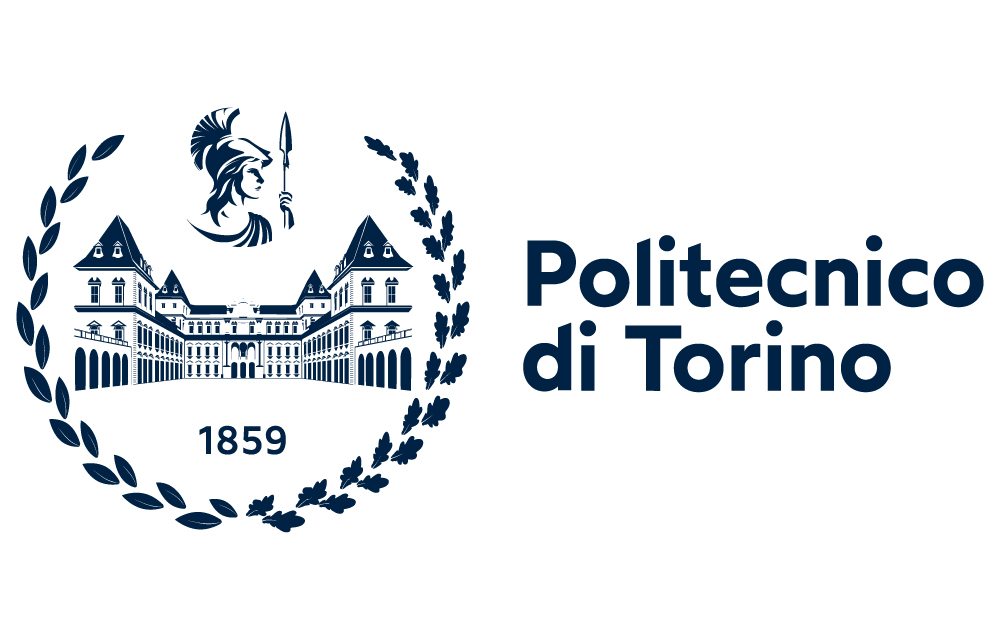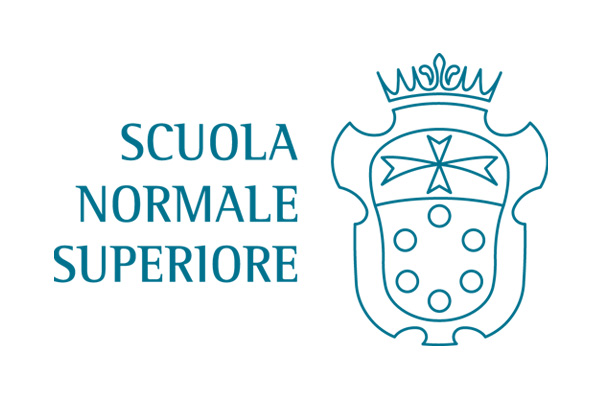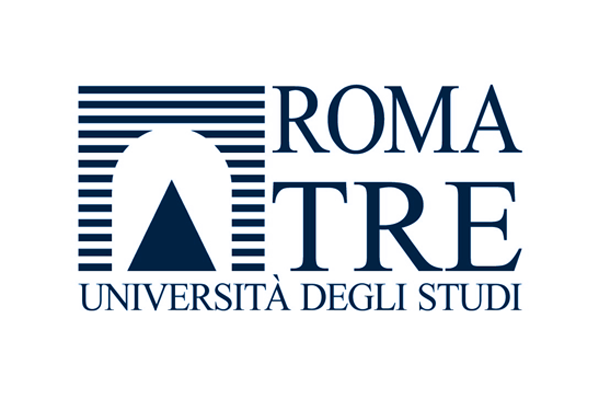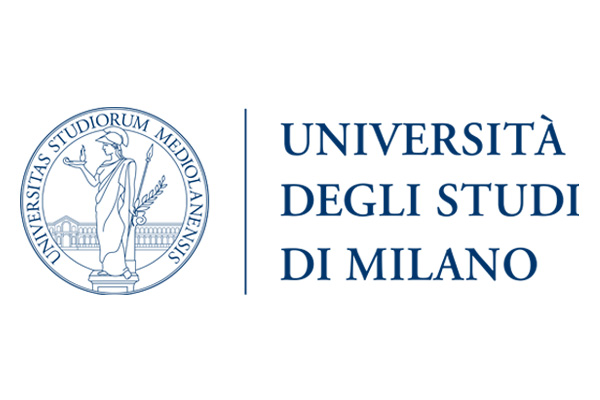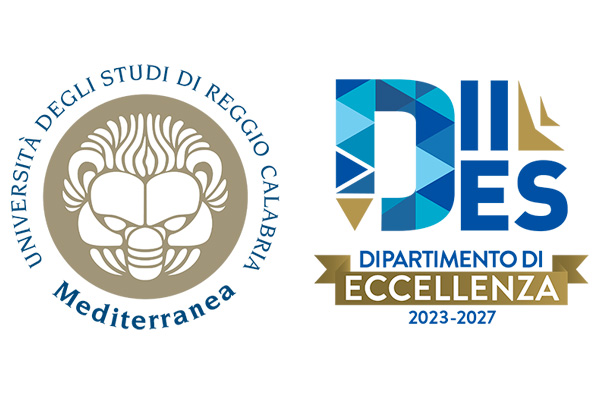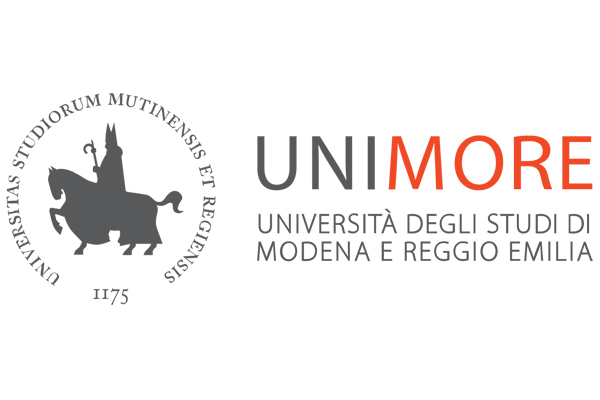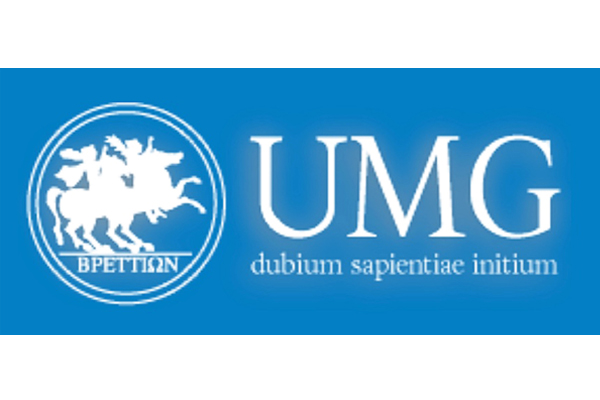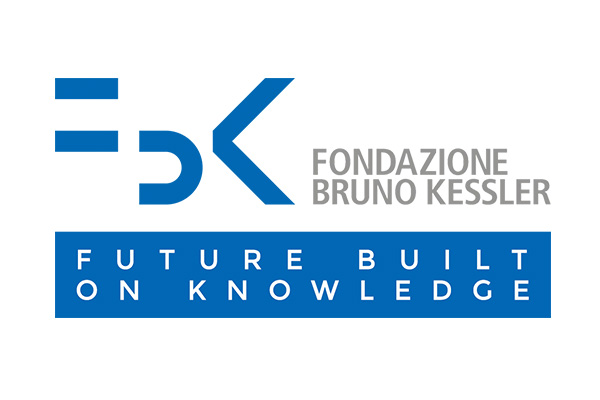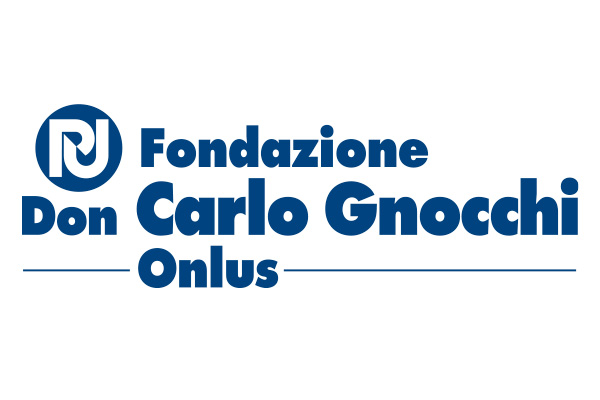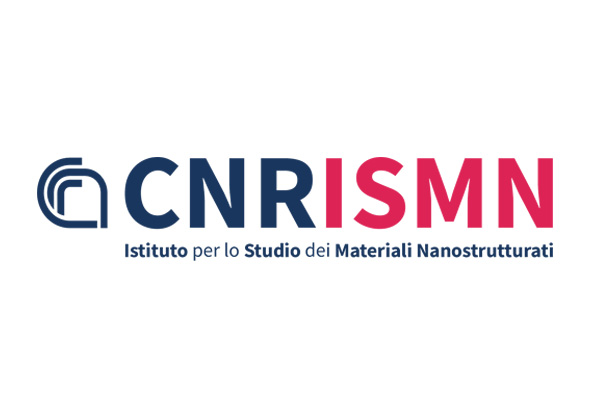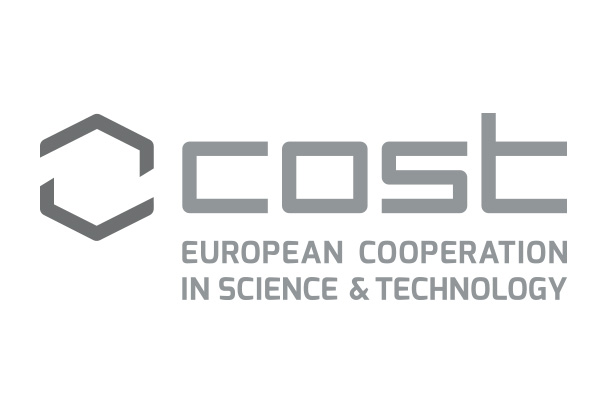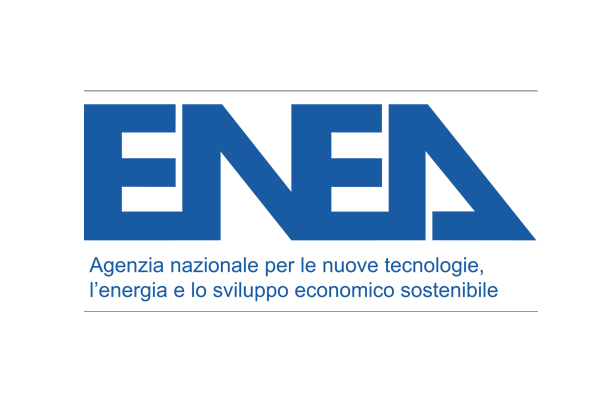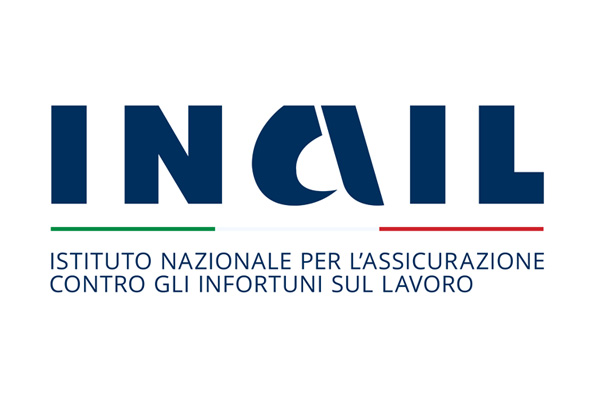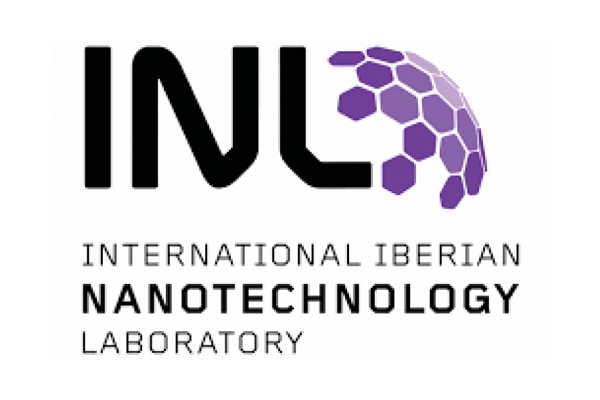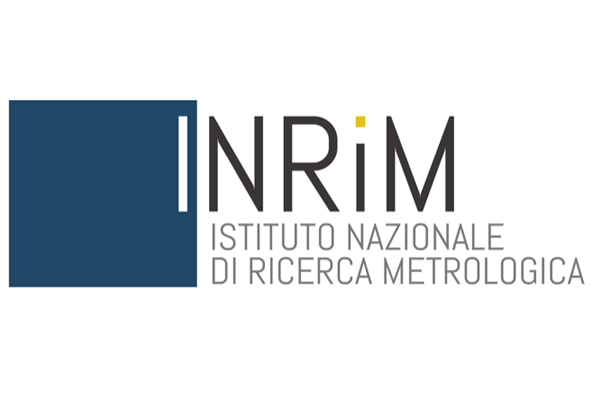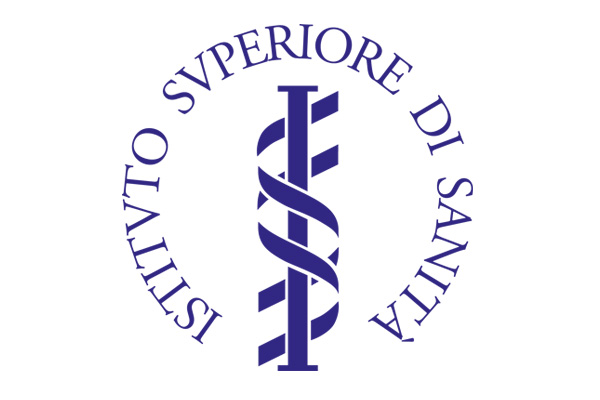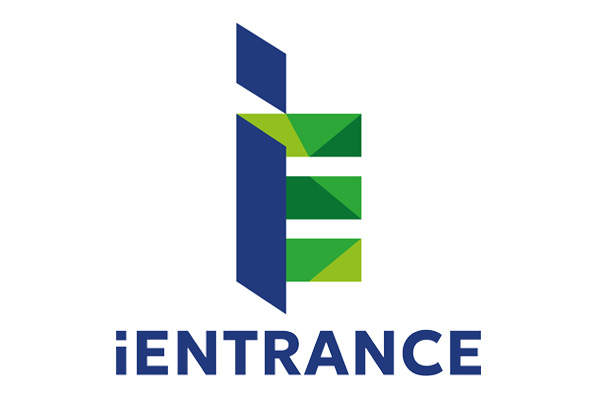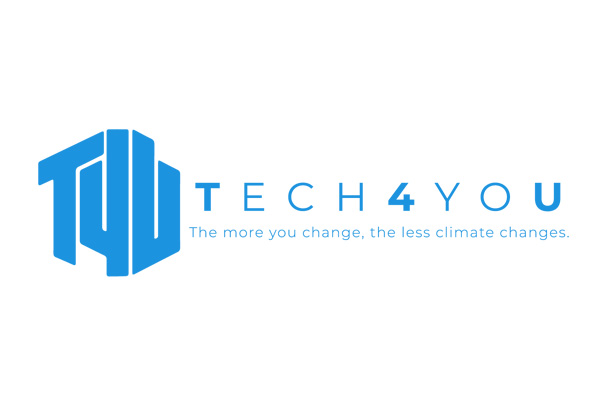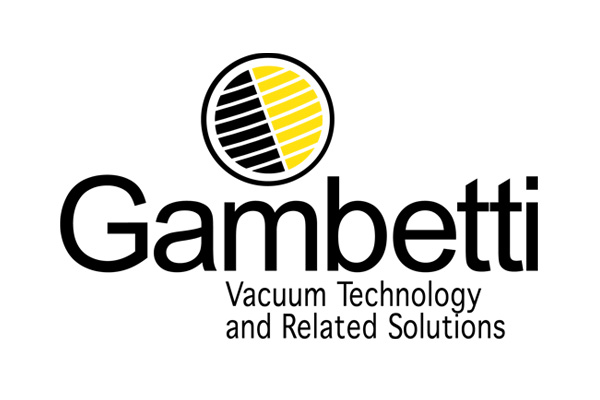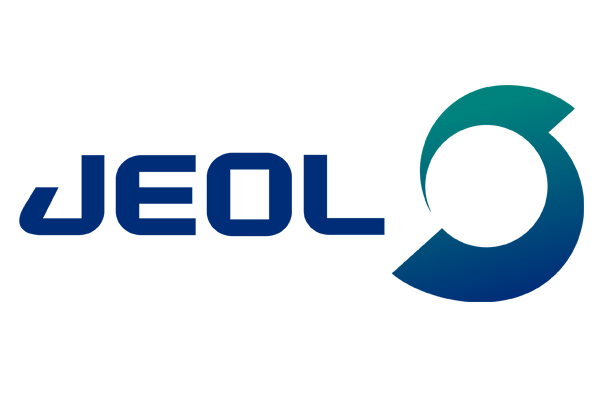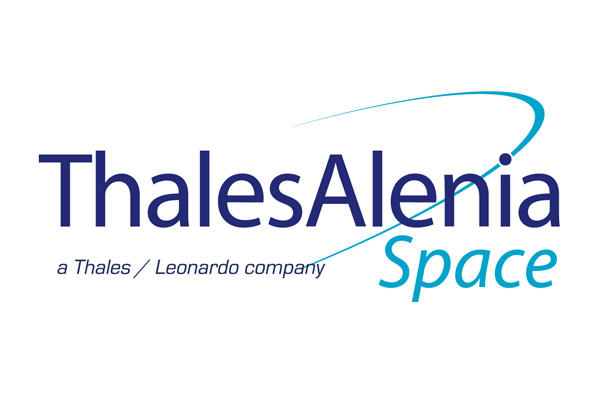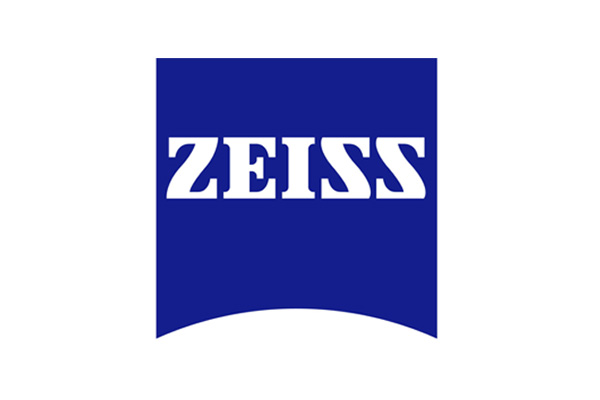| 19 September | ||||||||
| 09:00 - 10:30 AI4I – Artificial Intelligence for Innovation: how AI may impact the Innovation Process JE.III.1 - TT.IX.B |
||||||||
| Chair: Francesco MATTEUCCI, FBK | Roberto GIANNANTONIO, Nanoshuttle Srl | ||||||||
| This session will discuss how AI is impacting and is expected to impact the Innovation Process, aiming to create an interdisciplinary, experience-based dialogue among innovation professionals, computer scientists, and entrepreneurs to reflect on the broader impact of AI on the Innovation Process. Artificial Intelligence (AI) is rapidly emerging as a transformative force in the business world, offering companies not only the opportunity to enhance operational efficiency but also to gain a significant competitive edge. In an era where innovation is crucial for both survival and growth, AI stands as a key enabling technology for designing and developing novel products and services, attracting top talent, and reshaping innovation dynamics. Organizations that embrace the opportunities provided by AI will be the ones that set themselves apart and thrive in the future. However, leveraging AI effectively requires more than just technological integration—it demands a fundamental rethinking of innovation processes and growth strategies. This workshop will explore how AI is reshaping the innovation landscape, providing insights into its potential to redefine the whole innovation process, steer knowledge, and accelerate market uptake. |
||||||||
| JE.III.1.1 TT.IX.B.1 |
Roberto GIANNANTONIO Nanoshuttle Srl, Lecce |
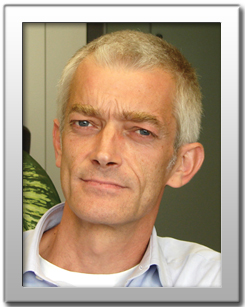 |
||||||
| JE.III.1.2 TT.IX.B.2 |
Francesco MATTEUCCI - CV FBK JRC Competence Centre on Technology Transfer |
 |
||||||
| JE.III.1.3 TT.IX.B.3 |
Riccardo APREDA Erre Quadro Srl |
 |
||||||
| JE.III.1.4 TT.IX.B.4 |
Birgit THOBEN Birmingham University, United Kingdom |
 |
||||||
| JE.III.1.5 TT.IX.B.5 |
Benedetta Arese LUCINI ATOM Group AI Ltd, United Kingdom |
 |
||||||
| JE.III.1.6 TT.IX.B.6 |
Mauro DRAGONI (to be confirmed) FBK |
 |
||||||
| 11:30 - 13:00 Research and Innovation in Materials: From Italy’s NRRP to the EU Framework Programme JE.III.2 - TT.X.B |
||||||||
| organized in collaboration with APRE and AIRI | ||||||||
 |
||||||||
| Chair: Marco FALZETTI, APRE | ||||||||
|
Research and innovation in materials are a fundamental pillar for the competitiveness, sustainability, and resilience of the European economic system. The European Commission has strongly reaffirmed the role of advanced materials in addressing industrial, environmental, and social challenges, supporting their development through dedicated policies and targeted instruments. |
||||||||
| JE.II.2.1 TT.X.A.1 |
Introduction speaker to be defined |
 |
||||||
| JE.II.2.2 TT.X.A.2 |
speaker to be defined Materials R&I in the EU: strategies and actions |
 |
||||||
| JE.II.2.3 TT.X.A.3 |
speaker to be defined The PNRR’s contribution to materials research |
 |
||||||
| JE.III.2.4 TT.X.B.4 |
speaker to be defined How to become key players in materials between Italy and Europe |
 |
||||||
| 14:00 - 15:30 Research Infrastructures, Regional Ecosystems, and Higher Education: Open Science and Innovation in the Age of AI JE.III.3 - TT.XI.B |
||||||||
| Chair: Alfredo PICANO, iENTRANCE Manager & CNR | ||||||||
|
This session will explore the evolving role of Open Science and Open Innovation in the development and implementation of Research Infrastructures (RI) and Regional Ecosystems, within and beyond the National Recovery and Resilience Plan (PNRR). The discussion will be framed around three strategic dimensions: the integration of materials research, the transformative impact of artificial intelligence (AI), and the strengthening of higher education as a driver of innovation. The session will be structured in two parts: an initial series of keynote presentations followed by a roundtable debate. By combining perspectives from academia, research infrastructures, and industry, this session aims to connect theoretical frameworks with practical implementation, aligning with the strategic objectives of the PNRR while also extending beyond them. Ultimately, it will underline the central role of openness—scientific, technological, and educational—in shaping the future of innovation. |
||||||||
| JE.III.3.1 TT.XI.B.1 |
in definition |  |
||||||
| JE.III.3.2 TT.XI.B.2 |
in definition |  |
||||||
| JE.III.3.3 TT.XI.B.3 |
in definition |  |
||||||
| JE.III.3.4 TT.XI.B.4 |
in definition |  |
||||||
| 16:00 - 17:30 ROUND TABLE JE.III.4 - TT.XII.B |
||||||||
| Moderators: in definition | ||||||||
| PANELISTS | ||||||||
| in definition | ||||||||
| in definition | ||||||||
| in definition | ||||||||
| in definition | ||||||||
| in definition | ||||||||
| in definition | ||||||||
| in definition | ||||||||
| in definition | ||||||||
| in definition | ||||||||
| in definition | ||||||||
| in definition | ||||||||
| in definition | ||||||||
| QUESTION & ANSWER | ||||||||
| Closing cocktail in the Cloister A moment to say goodbye and look forward to the next edition of Nanoinnovation 2026 |
||||||||
| Go to Plan 19 September | |||

